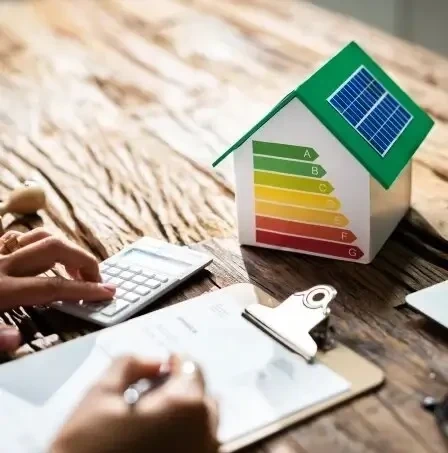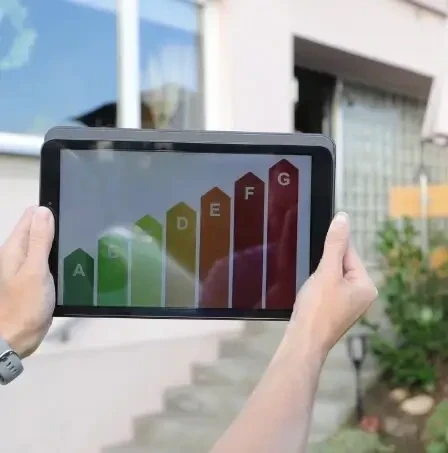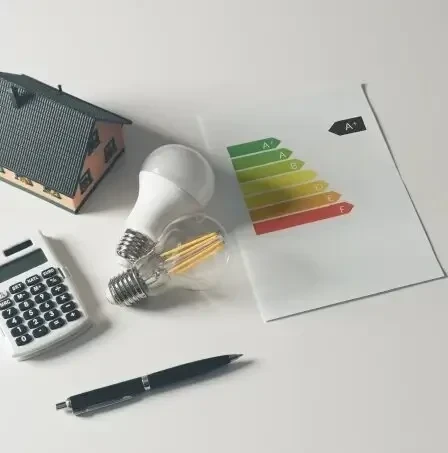The energy efficiency of buildings is of primary concern today as the world grapples with the effects of climate change. In the UK the government have instituted a number of measures aimed at increasing the energy efficiency ratings of both residential and commercial buildings. The most visible of these initiatives is the Energy Performance Certificate programme.
The Energy Performance Certificate measures a building’s energy efficiency and then rates it on a letter-based scale of A (best) to G (worst). The certificate also includes recommendations to improve the energy efficiency of the building (if necessary).
Every residential and commercial building in the UK must have a valid EPC, with the following exceptions:
Who Needs to Worry About Energy Efficiency Ratings?
Every landlord in the UK needs to have a valid Energy Performance Certificate for their building. They must provide a copy of the EPC to tenants when they move in. Failing to obtain and provide new tenants with a valid EPC can result in a fine of up to £5,000 and other sanctions.
But an EPC alone is not enough. New laws came into effect in early 2023 making it illegal to rent a residential building that receives an “F” or “G” EPC rating. At the same time commercial rental properties must now receive at least a “C” EPC rating or risk being declared non-compliant and face fines of up to £150,000.
In addition, the government may look to increase the Minimum Energy Efficiency Standards (MEES) for rental properties within the next few years. Though plans to do this by 2025 were recently scrapped (as of the time-of-writing), the possibility of this happening sometime in the near future still remains.

About the EPC Inspection
The law requires EPC certificates to be updated every 10 years. During the inspection process, the EPC inspector will assess a variety of factors, including:
There is no reason why home or business owners should still be using wasteful incandescent or halogen bulbs. LED bulbs are now widely available that use only a fraction of the energy and last 20 times as long as older style bulbs.
Old, leaky windows are a major cause of energy waste. During the EPC process, the inspector will assess the state of the windows and assign them a score. They may also recommend replacing the existing windows with double or triple-glazed windows.
The inspector will look at the type of boiler, the type of controls and what is the energy source (wood, coal, gas etc). If you have an old, inefficient boiler expect that to weigh on the energy efficiency rating of your home or business.
The inspector will examine the exterior wall insulation, including loft insulation, to determine if it is sufficient or needs to be upgraded.

The EPC Energy Efficiency Rating Scale
After completing their work the inspector will add up the scores from each component and assign a rating to the home or commercial building using the following scale:
Most homes in the UK currently earn a “D” rating. If your building earns a score of 69 or greater it is considered above average.
Our team of experts perform scores of Energy Performance Certificate inspections every week. If you need one for your home or business call 0203 397 8220 and schedule an appointment.
